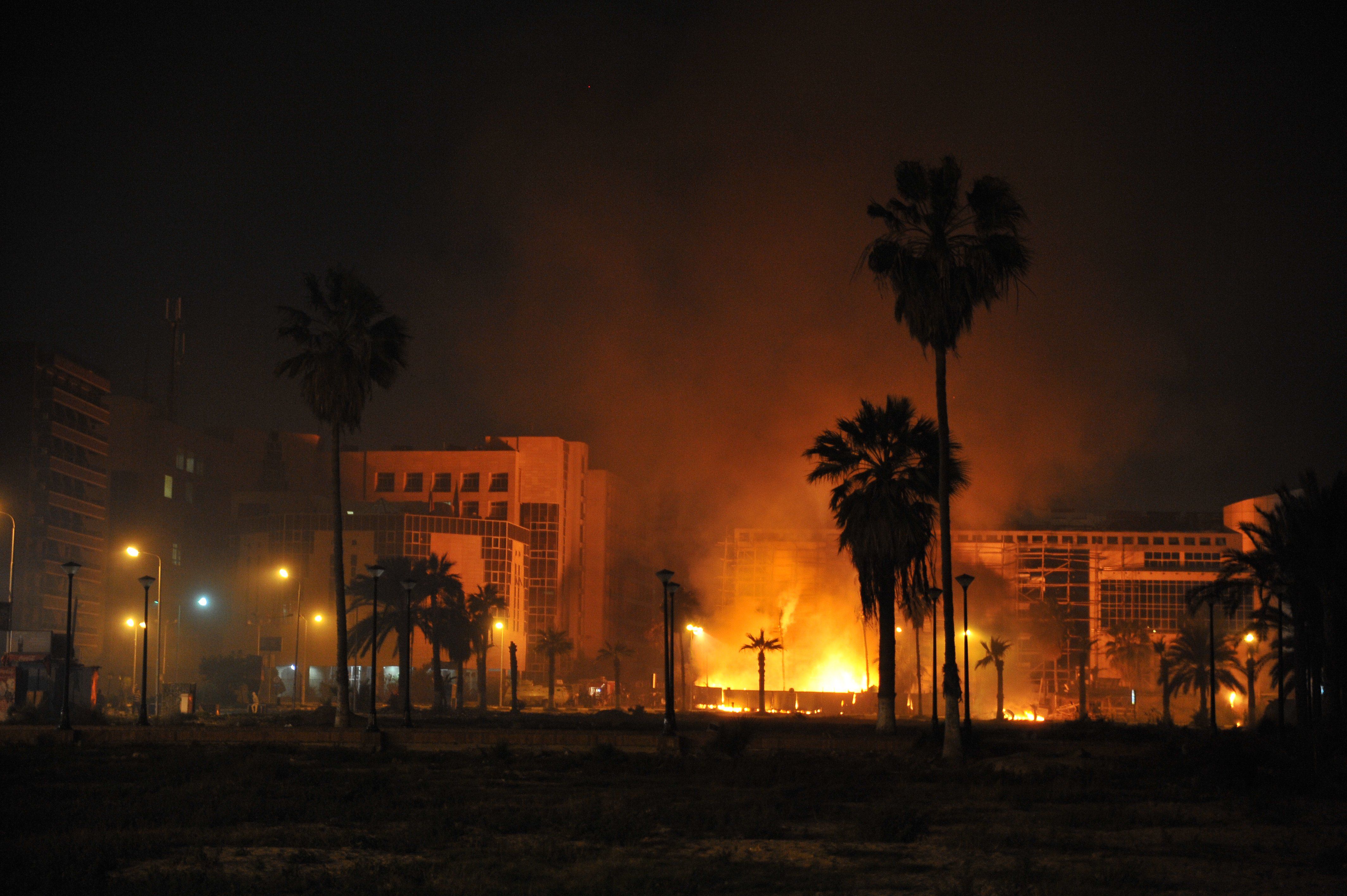TEHRAN: President Mahmoud Ahmadinejad lashed out at Russia on Wednesday, saying it had "sold out" Iran to arch-foe the United States by canceling a deal to supply S-300 ground-to-air missiles.
"Some people who are under the influence of Satan (the United States) thought that if they unilaterally and illegally cancel some defence agreements that they have with us, it will hurt the Iranian nation,"
Ahmadinejad said in reference to the missile deal between Moscow and Tehran.
"They went and sold us out to our enemies by unilaterally canceling the agreement for which they have been paid," he said at a public rally in the northeastern city of Bojnourd broadcast live on state television.
"I want to tell them on your behalf that we consider the deal to still be valid. They should execute it. If they don’t, the Iranian people will seek its rights, the losses and the fines on it," he told a cheering crowd.
The remarks were Ahmadinejad’s first direct reaction to Moscow’s decision to cancel the delivery of the S-300 missiles.
In September, Russian President Dmitry Medvedev signed a decree banning supplies of S-300 missiles and other arms to the Islamic republic.
Russia had come under strong US and Israeli pressure not to go ahead with the sale of the weapons system that was seen as greatly complicating any military action against Iran over its controversial nuclear program.
Both Israel and the United States have refused to rule out resorting to military action to prevent Iran acquiring what they suspect is nuclear weapons capability, an ambition Tehran strongly denies.
Ahmadinejad said Iran can defend itself without these missiles.
"The Iranian nation will stand firm in the face of arrogance, for example the US government. The Iranian people do not need missiles to defend themselves," said the hardliner under whose presidency the animosity between Tehran and Washington has grown.
Russia, which has been a strong ally of Iran and built the Islamic republic’s first nuclear power plant, had also backed new UN sanctions against Tehran, although it opposes any unilateral punitive measures.
Moscow said it would reimburse Iran for its down payments on the deal for the advanced missiles.
"We are now preparing all the necessary documents," said Sergei Chemezov, chief of Russian Technologies, on October 7.
"We should return them all the funds," he said. "Of course, they are not very pleased. We do not have a choice."
Chemezov said it was unlikely Russia would return the money by the end of the year, however. He estimated the entire contract at about 800 million dollars (572 million euros).
Chemezov said "we have annulled the contract and are returning the advance payment," which he said was 166.8 million dollars (119.3 million euros).
"In accordance with a provision of the contract on force majeure circumstances we are under obligation to return this advance amount which we have received.
"We are under no obligation to return anything else. We are not talking about any other compensation," said the Russian official.
Ahmadinejad was not the first Iranian official to slam Russia over canceling the missile deal.
Last month, influential Iranian lawmaker and head of parliament’s foreign policy committee, Alaeddin Borujerdi, said Russia’s image as a "powerful country" that can resist US pressure was tarnished following its decision to stop the delivery of missiles to Tehran.
"This issue will decrease Russia’s credibility as a powerful country that can resist American pressure," he told ISNA news agency.
"Russia’s action in this regard will forever be etched in the history of relations between the two countries and in the public opinions of the two nations as a benchmark of whether Russia is reliable."
